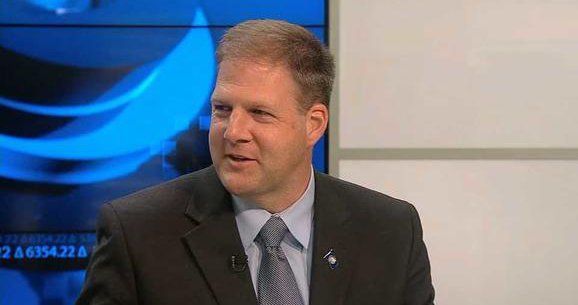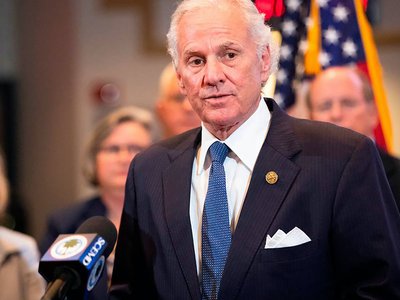When the pollster Morning Consult published its latest round of approval ratings for the nation’s 50 governors in July, it revealed a couple of interesting findings: Eight of the ten least popular governors were Democrats, while the ten most popular governors were all Republicans.
What explains this phenomenon? Clearly it’s not random chance. Does that mean conservative governance is really so much more popular than liberal governance at the state level? There’s something to that, but a closer look reveals the answer is not quite that simple.
The ten most popular Republican governors can be separated into three categories: red states, blue states, and purple states.
There are five red-state governors whose approval ratings of 57 percent to 59 percent and low disapproval ratings land them spots on Morning Consult’s top-ten list: Greg Abbott of Texas, Doug Burgum of North Dakota, Mark Gordon of Wyoming, Asa Hutchinson of Arkansas, and Bill Lee of Tennessee. They are all conservative governors working with conservative legislatures to give conservative voters what they want on fiscal and social issues.
...
Perhaps the most interesting popular Republican governors are the ones who have found success in the purple states.
In New Hampshire, Chris Sununu’s 65 percent approval rating made him the third most popular governor, according to Morning Consult. The state voted for Hillary Clinton by three-tenths of a percentage point in 2016, when Sununu won his first two-year term by 2.3 points. In 2018, New Hampshire’s legislature flipped to the Democrats, but Sununu was reelected to a second two-year term by a seven-point margin.
Sununu’s popularity can be attributed in part to the state’s economic success and his fiscal restraint. “We are the most pro-business state in the Northeast and we brag about that a lot,” Sununu tells National Review. “We’re lowering business taxes, we have no sales tax, we have no income tax.” He says he vetoed the recent Democratic budget because it was structurally imbalanced and would have raised business taxes. He also vetoed a paid-family-leave bill that would have raised taxes and has instead proposed a public–private partnership. New Hampshire’s 2.5 percent unemployment rate is the fourth lowest in the country.
Why Republican Governors Are More Popular
According to a recent poll, eight of the ten least popular governors were Democrats, while the ten most popular governors were all Republicans.






